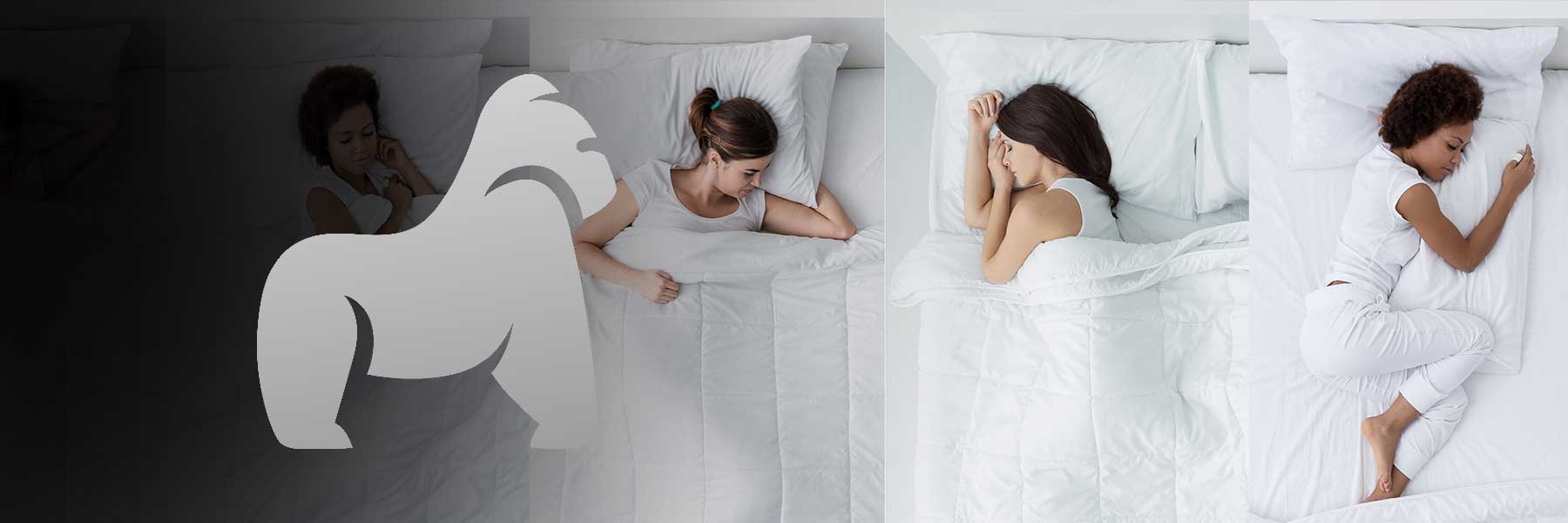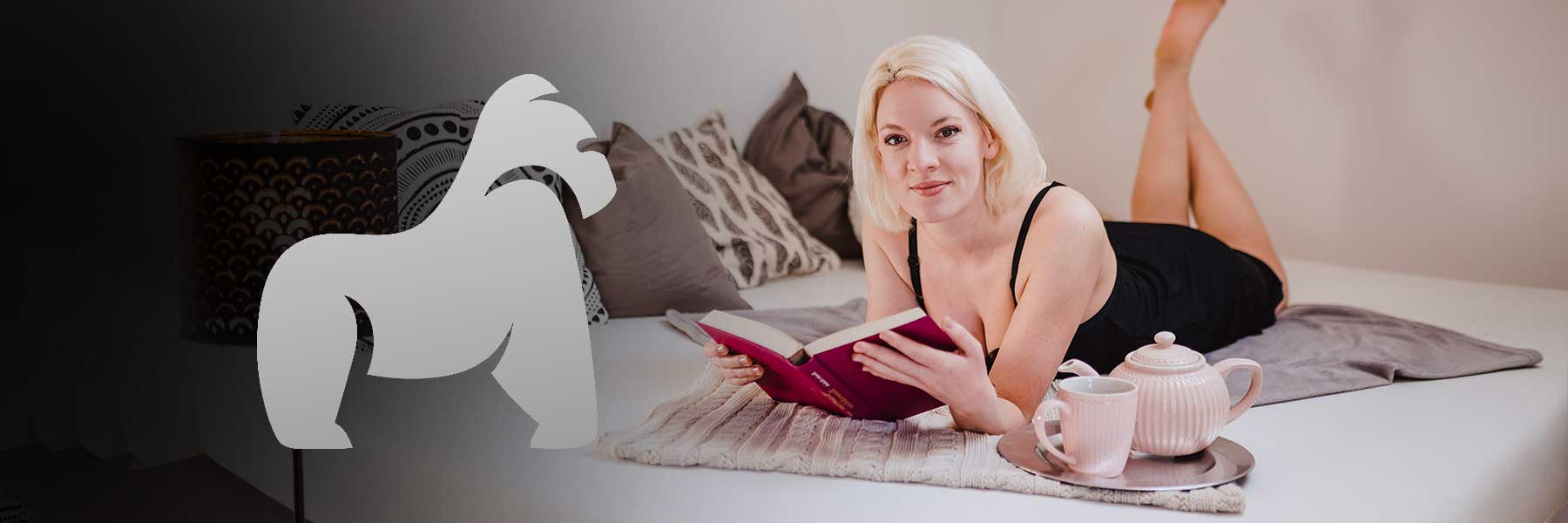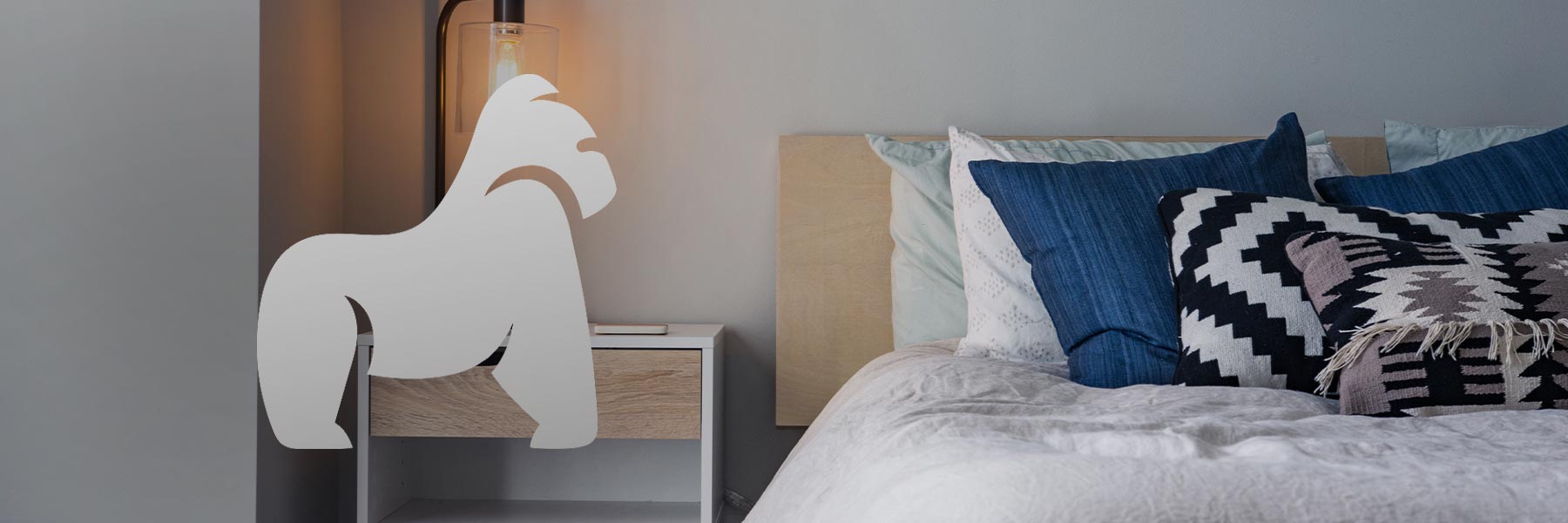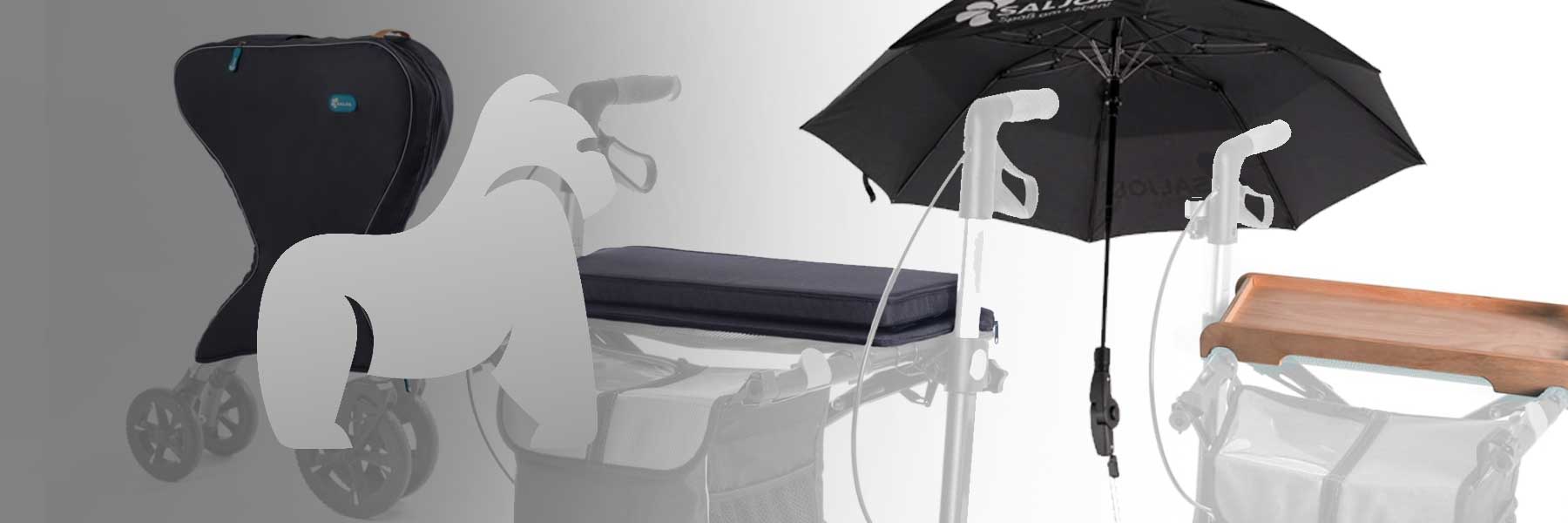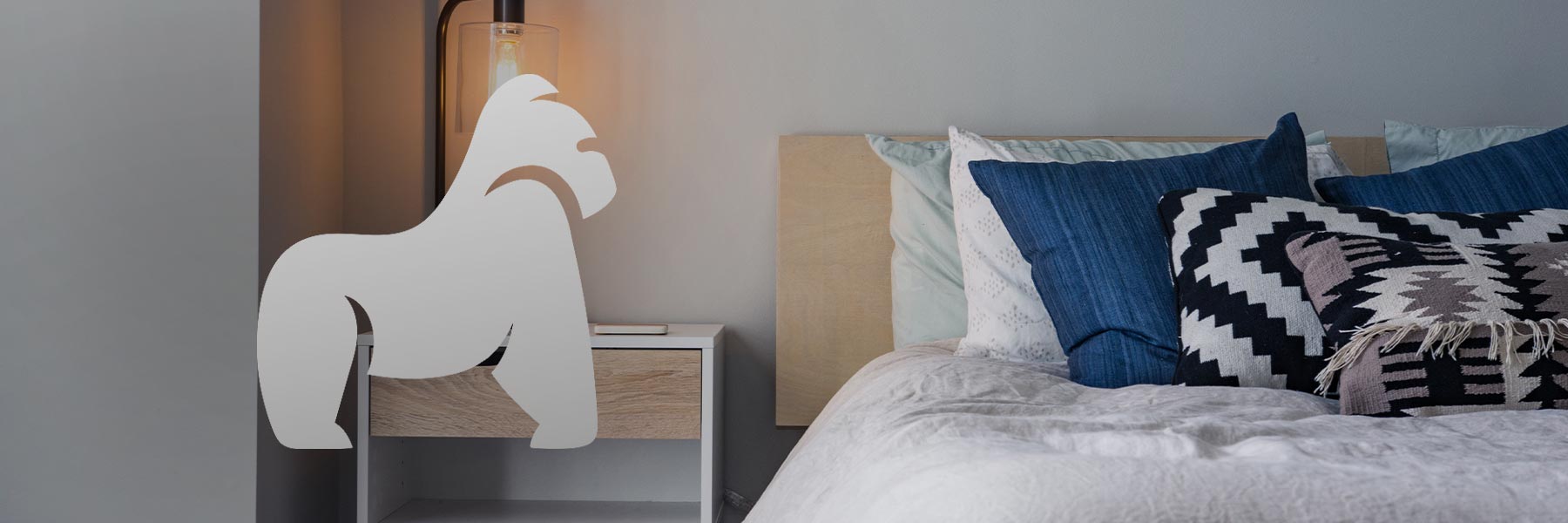"'Sleep divorce'?... The reasons for the increasing trend of couples sleeping in separate rooms"
The number of couples sleeping in separate rooms is increasing. While there are benefits like deep and regular sleep, experts also point out some disadvantages.
When a partner snores loudly, many people choose to sleep in separate rooms. This trend has increased since the COVID-19 pandemic.
From their home in London, where they have lived for several years, Cecilia said: "I couldn't concentrate on my work. I was tired all day." She added: "I could endure a few nights, but in the long term, living together was impossible."
"It wasn't an easy decision. It hurt a little," said Cecilia. "But I was happy to finally be able to sleep properly."

Cecilia and her partner (43) chose what is known as 'sleep divorce.'
Dr. Stephanie Collie, a psychiatrist at McLean Hospital in the USA, explained: "Usually, people first opt for a temporary sleep divorce. Then they realize they can sleep better alone." She said this in an interview with the BBC and added: "Usually, health reasons are the main factors ... Loud snoring, continuous leg movement, waking up at night, frequent bathroom visits for medical reasons, and tossing and turning can disturb the partner."
She explained: "(Sleep divorce) is definitely becoming more common."
A phenomenon that is increasing among Millennials
At the end of last year, the famous American actress Cameron Diaz revealed on her podcast 'Lipstick on the Rim' that she no longer sleeps in the same room as her husband.
She said: "I don't think separate bedrooms should be seen as strange."
This revelation sparked a heated reaction on social media and led to various articles. However, this is not a unique situation for this Hollywood actress.
According to a study by the American Academy of Sleep Medicine (AASM) from last year, more than a third of respondents in the USA occasionally or regularly sleep in separate rooms to improve sleep quality.
According to the survey, this trend is especially pronounced among the Millennial generation (approximately between 28 and 42 years old). Almost half of them (43%) reported sleeping in separate bedrooms from their partners.
Looking at different age groups, Generation X (born between 1965 and 1980) made up 33%, Generation Z (born between 1997 and 2012) was at 28%, and the Baby Boomer generation (born between 1946 and 1964) was at 22%.
Dr. Collie explained: "We can't be sure why the younger generation prefers separate bedrooms, but we can guess a few things." She added: "First, the stigma associated with sleeping separately among couples is lower. Culture is changing. The younger generation thinks: 'If better sleep leads to a better mood, why not?'"

Historically, separate bedrooms were common for couples
Historically, attitudes towards separate bedrooms for couples have changed.
According to some historians, the concept of a 'couple's bed (or double bed)' is a modern concept, as more and more couples lived in densely populated areas during the industrial revolution and slept in the same bed.
However, until the 19th century, couples usually slept in separate rooms.
Dr. Pablo Brockman, a sleep specialist at the medical faculty of the Catholic University of Chile, explained: "Moreover, it was more common the higher the socioeconomic level was." He added: "You see that with kings."
Advantages?
First, experts agree that there are some advantages to separate bedrooms.
Dr. Collie said: "The biggest advantage is the ability to sleep regularly and deeply." She added: "Sleep quality is essential for overall quality of life."
"When you don't sleep properly, it affects everything from your immune system to your physical functions. You become more irritable and impatient. You can even become depressed," she explained.
Dr. Collie also believes that a 'sleep divorce' helps maintain a "healthier" relationship.
"Couples who do not get adequate sleep together tend to argue more often, become more irritable, and lose empathy. Everyone knows that," she added.
Dr. Sima Kosla, a pulmonologist and spokesperson for the AASM, agreed.
Dr. Kosla recalled that the AASM has started its research on 'sleep divorce.' She said: "The AASM knows that sleep deprivation can affect mood, and people who suffer from sleep deprivation tend to argue more often with their partners."
"Sleep disturbances can lead to increased anger towards others, which can also negatively affect relationships," she noted.
"Since restful sleep is an important factor for health and happiness, it is not surprising that some couples choose separate bedrooms for a better quality of life."
Cecilia also said that her life changed by separating the bedrooms with her partner.
"I feel much more comfortable," said Cecilia. "The quality of sleep has improved, I can use the bed more widely and also move without being disturbed by others..."
"And I don't have to get up at the same time as my partner anymore. I can get up whenever I want, when I have to get up."
Disadvantages?
So are there disadvantages? First, the most obvious disadvantage is that an extra bed and usually an extra room are needed, which makes it impossible for some couples to even try it.
But even if it is possible, there are some negative effects to consider.
Experts warn that many couples have concerns about impairing intimacy.
Cecilia admitted that "something" in her relationship and intimacy with her partner has changed since they have separate bedrooms.
"It had negative effects on the relationship and intimacy," she admitted. "But it's not that bad. In my opinion, the benefits outweigh the drawbacks."
Dr. Collie also emphasized that the time when partners feel the greatest connection is often when they go to bed.
"Therefore, effective use of the time couples spend together is a solution," she explained.
There are also couples who develop a "dream connection" by falling asleep together.
However, Dr. Brockman pointed out that this "sleep divorce" is not effective for every couple.
"There are definitely biological benefits when couples share a bedroom," said Dr. Brockman. "Many people develop a connection during sleep. This is an evolutionary advancement. For example, mothers and children often develop a bond through breastfeeding. Since sleep cycles are similar, they rest together."
Dr. Brockman added, "There are even studies showing that couples who have slept together for years have deeper sleep phases." "That improves sleep quality," he added.
Nevertheless, if you want to opt for "sleep divorce," experts recommend following some guidelines.
Initially, Dr. Collie said, "If one person wants it but the other does not, it can lead to resentment or even disputes, so it is ineffective."
"Some people do not want to sleep alone. Therefore, (when a partner suggests sleep divorce), it can cause bad feelings. Both partners must agree equally, and it must be a decision that both acknowledge."
Dr. Brockman agreed with this as well.
Dr. Brockman said, "It can be difficult for those who snore, sleepwalk, or feel uncomfortable while sleeping." He added, "This is because there are also people who do not want (the separation of bedrooms)... Usually, men are more likely to reject it."
Furthermore, research findings indicate that "sleep divorces" are increasing in some countries.
According to a 2020 survey by the National Bed Federation in the UK among cohabiting couples, almost one-sixth of couples (15%) sleep separately, and nearly one in ten (89%) have completely separate bedrooms.
In contrast, according to a 2009 survey by the British Sleep Council, less than one-tenth of couples (7%) slept separately.
The National Bed Federation explained this change by stating that "the proportion of couples sleeping separately has nearly doubled in the last 10 years."
In summary, it appears that more and more couples are prioritizing the quality of their sleep when it comes to who sleeps where.





